What Is Spread in Forex Trading and How to Calculate It
Spread Meaning in Forex Guide: Forex spread defines the bid-ask price differential, representing the cost of entering a trade instantly.
简体中文
繁體中文
English
Pусский
日本語
ภาษาไทย
Tiếng Việt
Bahasa Indonesia
Español
हिन्दी
Filippiiniläinen
Français
Deutsch
Português
Türkçe
한국어
العربية
Abstract:Know the differences between regulated and unregulated forex brokers. Discover pros, cons, and how to verify brokers with WikiFX for safe trading.
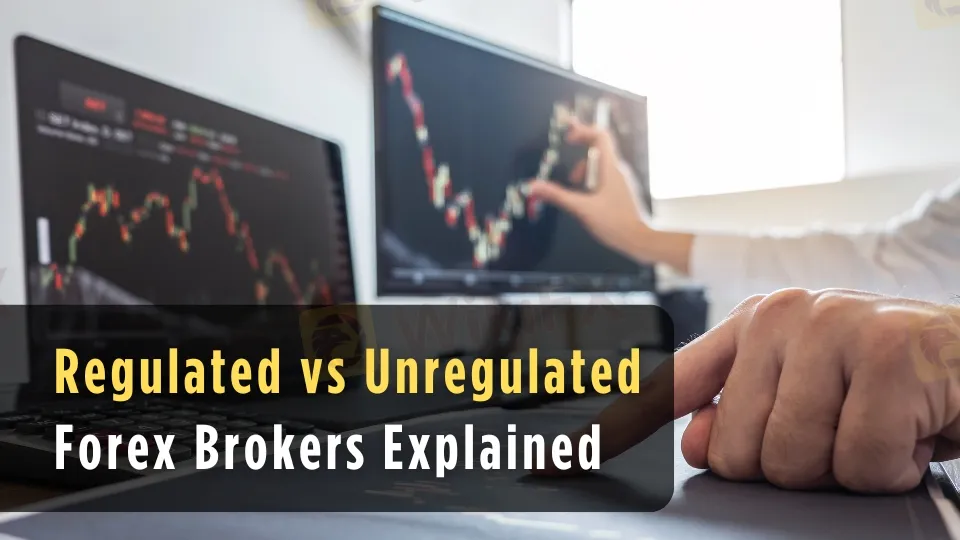
The foreign exchange (forex) market is the largest and most liquid financial market in the world, with a daily trading volume exceeding $6 trillion. For traders, choosing the right forex broker is a critical decision that can significantly impact their trading experience and financial security. One of the most important factors to consider is whether a broker is regulated or unregulated. In this article, we‘ll explore the key differences between regulated and unregulated forex brokers, their pros and cons, and how you can verify a broker’s regulatory status.
Regulated forex brokers are financial institutions that operate under the supervision of regulatory authorities. These authorities enforce strict rules and guidelines to ensure transparency, fairness, and the protection of traders funds. Some of the most well-known regulatory bodies include:
Regulated brokers are required to adhere to stringent standards, such as maintaining segregated client accounts, providing regular financial audits, and ensuring fair trading practices. These measures help protect traders from fraud, manipulation, and financial mismanagement.
Unregulated forex brokers, on the other hand, operate without oversight from any regulatory authority. While this may sound risky, some traders are drawn to unregulated brokers due to their attractive offers, such as higher leverage, lower trading costs, or access to exotic financial instruments. However, the lack of regulation means there is no guarantee of transparency, security, or accountability.
Unregulated brokers are often based in offshore jurisdictions with lax financial laws, making it difficult for traders to seek recourse in case of disputes or fraudulent activities. While not all unregulated brokers are inherently fraudulent, the absence of regulatory oversight significantly increases the risk of encountering unethical practices.

Pros:
Cons:
Pros:
Cons:

Verifying a broker‘s regulatory status is a crucial step in ensuring your trading safety. Here’s how you can do it:
Choosing between a regulated and unregulated forex broker is a decision that should not be taken lightly. While regulated brokers offer greater security and transparency, unregulated brokers may provide more flexible trading conditions. Ultimately, the choice depends on your risk tolerance, trading goals, and level of experience.
Regardless of your preference, always verify a broker‘s regulatory status using reliable tools like WikiFX to ensure you’re trading with a trustworthy and reputable broker. By doing so, you can protect your funds and enjoy a safer, more secure trading experience in the dynamic world of forex.

Disclaimer:
The views in this article only represent the author's personal views, and do not constitute investment advice on this platform. This platform does not guarantee the accuracy, completeness and timeliness of the information in the article, and will not be liable for any loss caused by the use of or reliance on the information in the article.
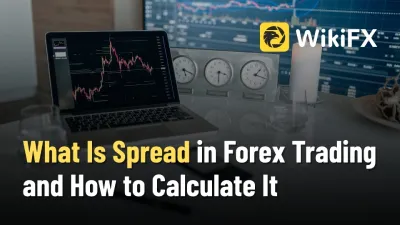
Spread Meaning in Forex Guide: Forex spread defines the bid-ask price differential, representing the cost of entering a trade instantly.
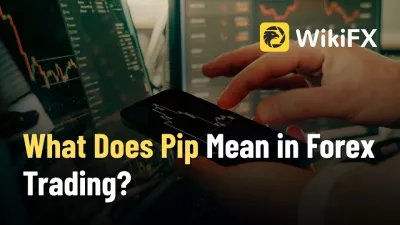
In forex trading, a pip is the smallest unit of price movement between two currencies. It’s used to measure changes in exchange rates, calculate profits or losses, and manage trading strategies effectively.
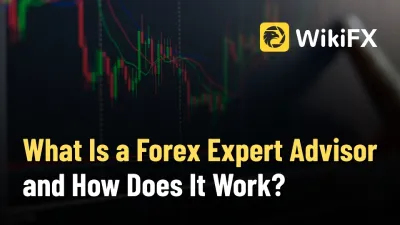
A forex expert advisor is an automated trading tool that executes strategies in the forex market. Learn how it works, its benefits, risks, and future trends.
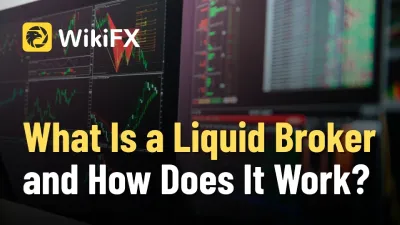
A liquid broker connects traders to deep forex liquidity from banks and institutions, offering faster execution, tighter spreads, and transparent real-market pricing.
